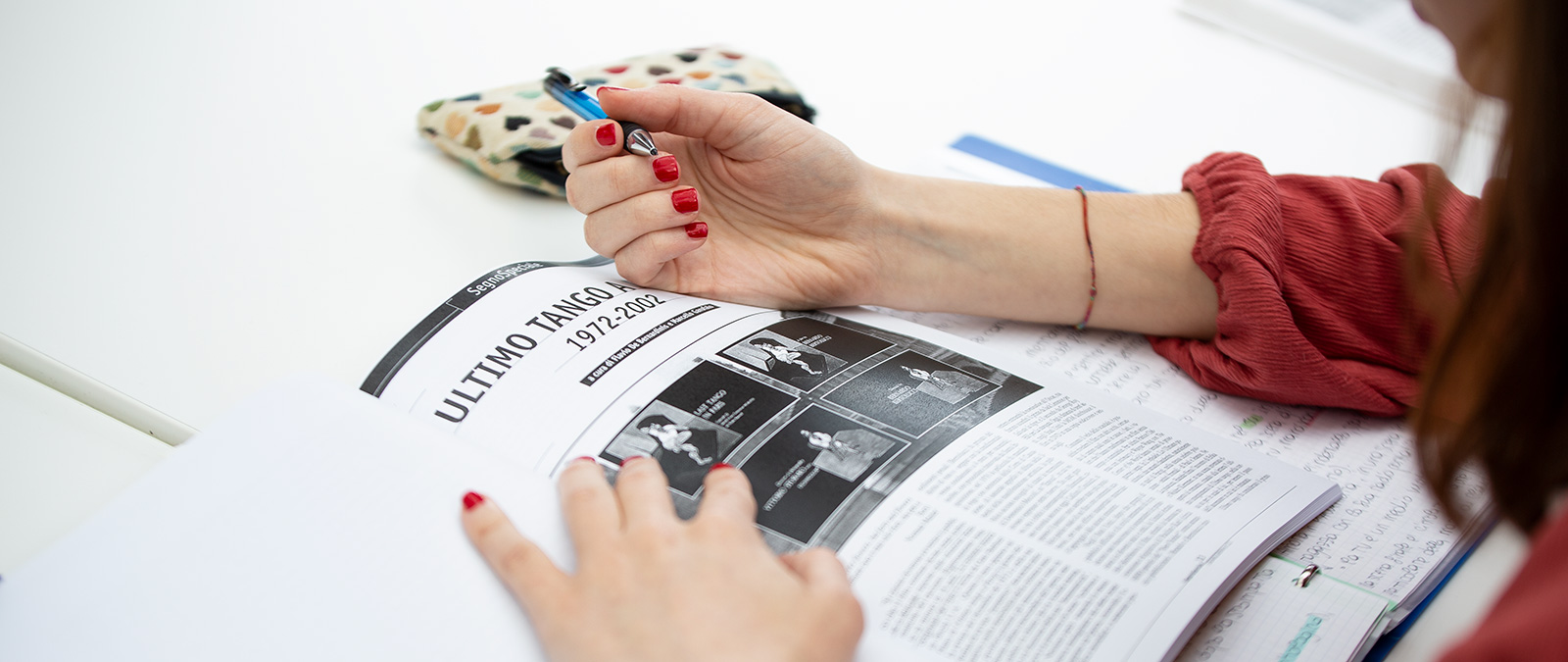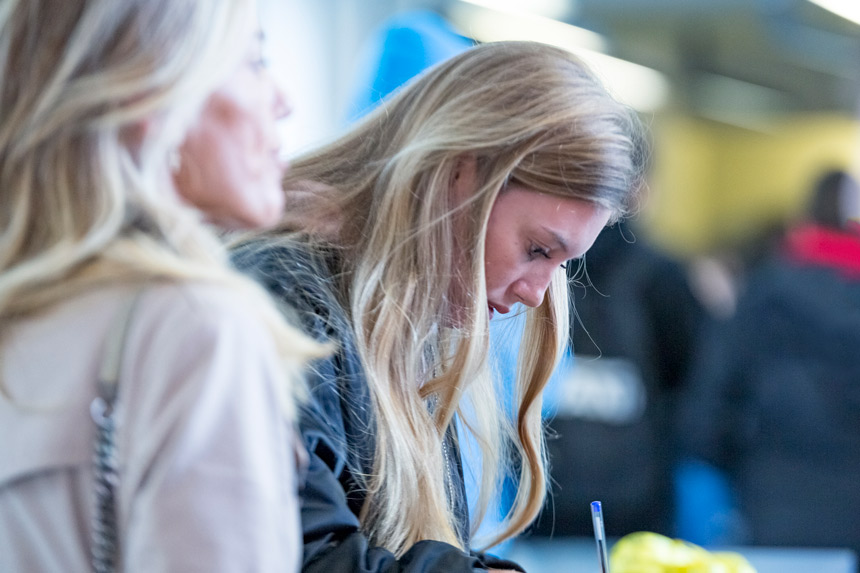
Degree course in Tourism, Management and Culture
Course contact person: Ruggero Sainaghi
Programme of Study
You will be able to become a Marketing Manager for tour operators and agencies, a manager of hotels and tourist villages, a resort promoter or a tourism event planner, fundraiser and event manager.
click here to register Download the information kit here180
3 years
Italian
Milan
An innovative programme focused on wide global scenarios and capable of exploiting employment prospects in one of the few sectors that have been capable of overcoming the international economic and financial crisis. Tourism has changed profoundly, and IULM knows this.
The main objective of the Bachelor's Degree Course in Tourism, Management and Culture, within the Tourism Sciences degree class, is to provide young graduates with in-depth knowledge of techniques for analysing a territorial context, the management of tourism enterprises, including start-ups, together with a historical-critical reference framework and sound background knowledge regarding the relationship between tourism and local development, international organisations and digital communication.
The aim is to consolidate the need to ensure English language proficiency, as well as to take the opportunity to provide a more professionally-oriented programme, reinforcing the workshop approach with the constant presence of professionals and the Professional Skills Internship. This will respond to the needs of students who wish to customise their vocational training on the range of optional courses. In the second year there is the possibility of choosing a second foreign language.
Students learn, therefore, how to reshape traditional skills in accordance with the flexibility required by a world of work that encompasses local development, the evolution of tourism, the processes of territorialisation and empowerment, marketing and digital communication, product design, the importance of competitive strategies and performance measurement, and the priority of networks between companies, non-profit organisations and enterprises, public administration, destination managers and international organisations, operating and grant-making foundations.
Furthermore, students will be able to place what they have learnt in contexts of sustainable development, intercultural dialogue and sustainable valorisation, in line with European and international standards and directives, supported in this by a mastery of the English language, which will enable them to transfer their knowledge transversally to national and international markets.
In the third year, the degree course is divided into two different programmes: Tourism Communication and Tourism Management and Organisation. The two programmes aim to bring graduates closer to current job opportunities and professional fields, which, together with the internship and final examination, delineate highly distinctive and innovative professional figures.
The course is characterised by subjects including:
- Cultural Geography
- Cultural Heritage for Tourism
- Contemporary History
- The Economic System of Tourism
- Management of Tourism Enterprises
- Destination Management
- Psychology and Sociology of Tourism
- Travel Blogging
- Territory and Culture
- Tourism Law
- Urban Tourism and Sustainability
The main objective of the Degree Course in Tourism, Management and Culture (Degree Class: Tourism Science) is the preparation of young graduates with a thorough knowledge of the tourism economic system, of territorial contexts and their dynamics, the historical, artistic and cultural heritage of the territories, management and of the definition of competitive strategies in start-up companies, together with a solid grounding in the contexts and salient historical events with particular reference to tourism.
In addition, with the support of digital communication tools, graduates must be able to enter the various scenarios of sustainable development, intercultural dialogue and the sustainable enhancement of tangible and intangible assets, using their knowledge base of European and international standards and directives, and supported by their English language proficiency that has been developed throughout the three-year programme.
The Course aims to create a professional figure, favouring immediate entry into the workplace on completion of the three-year cycle.
Particularly important is the internship experience, including ad hoc training activities within the framework of the course of study. Workshops are also included in many training activities. The final test consists of a research and documentation report on a case study based on an appropriate theme, possibly drafted initially during the period of internship.
The course is characterized by the attention paid to professional skills, favoured by a workshop-based approach, which include various training activities, job labs and internships. The programme focuses on current trends in tourism and includes a wide range of training activities ranging from digital communication to performance in the tourism sectors, from start-ups in the tourism sector to local development.
| Faculty | Arts and tourism |
|---|---|
| Name of the course | Tourism, management and Culture |
| Name of the course in English | Tourism, management and Culture |
| Type of course | Bachelor degree Three year |
| Academic year | 2025/2026 |
| Order | D.M. 270/2004 |
| Degree class | L-15 - Tourism sciences |
| Type of access | Course with scheduled number of places with selective knowledge testing |
| Language in which the course is held | Italian |

Find out more about IULM!
Links
Study Programme
Registration
Making your Choice
Other Bachelor's degrees
Faculty of Communication
Faculty of Interpreting and Translation
Faculty of Arts, Fashion and Tourism
- Contacts
- InfoPoint
- Students' secretariat
InfoPoint
For information
[email protected]
Tel: 800 363 363
The toll-free number (free call) is active from Monday to Friday from 9.00 a.m. to 5.00 p.m
Students' secretariat
[email protected]Counter opening hours: Monday to Friday, 9.00 a.m. to 5.00 p.m
Online secretariat: https://servizionline.iulm.it/Home.do